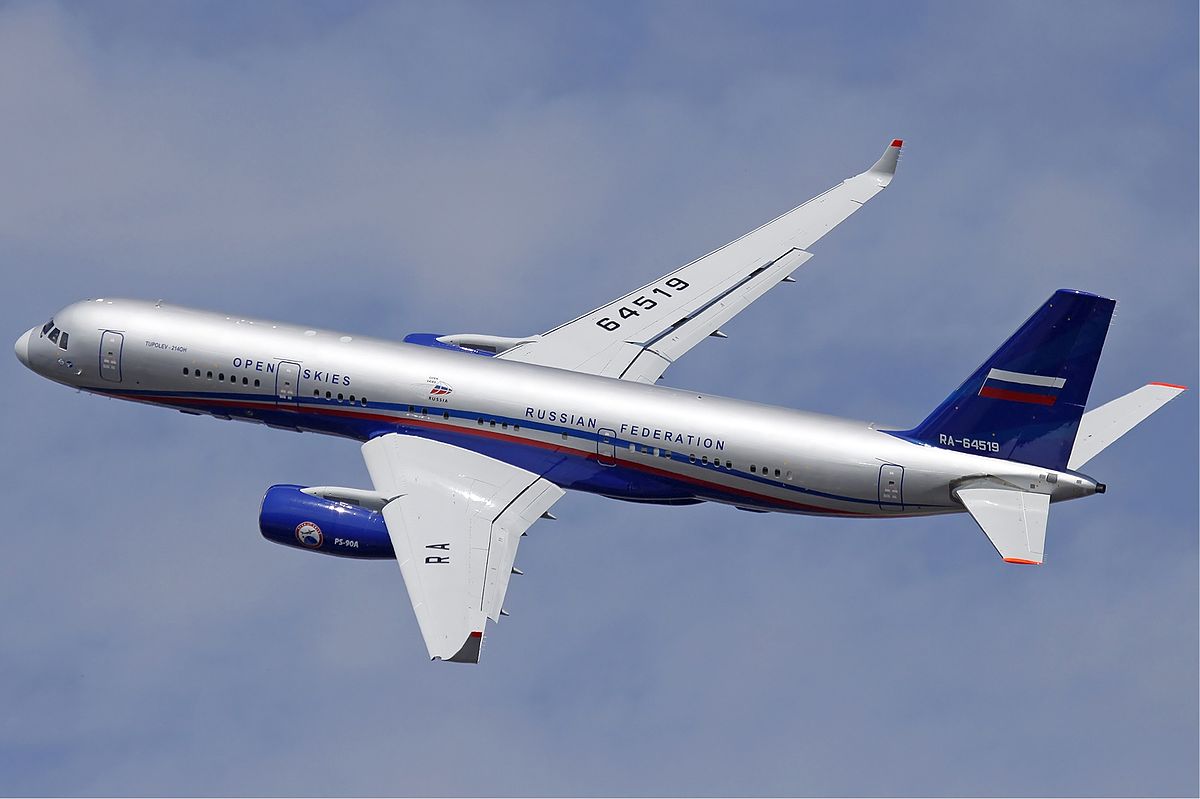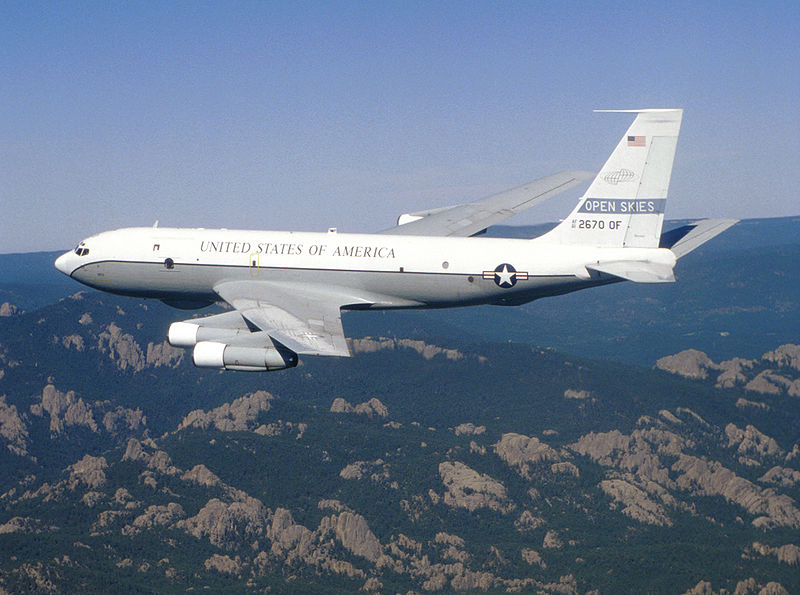
Russian MFA publishes a list of demands the West must meet to defuse tensions & ensure Russian security: It wants legal guarantees from NATO not to expand to the East and a formal renouncement of the 2008 Bucharest summit decision on Georgia & Ukraine 1/x mid.ru/foreign_policy…
2/It also wants NATO members to legally guarantee that they will not deploy weapons (strike-systems, probably long-range) that pose a threat to Russia on the territory of neighboring countries, regardless of whether they are NATO members or not.
3/In seeks reactions by NATO on previous proposals to reduce tensions by limiting military exercises in the border zone, clarifying safety distances for warships in the Baltic and Black Sea, and the return to direct mil-to-mil dialogue, Russia-NATO, US-NATO.
4/Russia also, once again, invites the US to join the 'moratorium' on land-based INF missiles in Europe. The MFA promises to soon submit drafts of legal documents to begin negotiations about all of these demands.
5/Interestingly, the MFA (still) tries to legitimtize and frame these demands on the basis of the principle of indivisible security in the OSCE. It even explicitly calls upon the OSCE not to remain on the sidelines of discussions about Euro-atlantic security.
6/ Comment: This is not (just) about Putin. A summary of grievances going back 20 years & more. Second time after 2008/2009 that Russia forcefully demands changes in the European (security) order where it has become increasingly marginalized and remains excluded institutionally.
7/ Comment: Because indivisible security in the OSCE contrasts with indivisible security across NATO. The principle has another meaning as well: human security in addition to military security. Indivisibility used to be about the implementation of the Helsinki principles.
8/ Comment: Helsinki not Paris. Often cited together, but, in fact, very different. Helsinki: "sovereign right to freely to choose and develop [...] political [...] systems" and non-interference. Paris: "democracy as the only system of gov". Russia subscribes mostly to Helsinki
9/ Comment: Curious though that Russia seems to believe that it is now in a better position to change the status quo than in 08/09 or 14/15. Maybe it is, given US domestic turmoil and fixation on China. Most probably it is not. I doubt it. Getting this right will be crucial.
10/ Comment: In 2009 Russian grievances were transformed into the OSCE Corfu process, dying a slow death. Now some people in Germany suggest to organize another pan-European security conference - with an eye on the 2025 Helsinki anniversary
https://twitter.com/JohannesVarwick/status/1467544894763933706?s=20
11/ Comment: Can this work? How to look at these demands? First, demands for legal guarantees about NATO enlargement are a non-starter. This goes beyond the 2008 proposal for a European Security Treaty. No one in the Kremlin believes in such guarantees anyway. A smokescreen.
12/ Comment: Second, demands about military restraint (non-deployment of strike systems, mil exercises) are more reasonable but politically toxic. They would also require strict reciprocity. Geography (strategic depth) & the importance of alliance coherence are major obstacles.
13/ Comment: Third, such meaures can decrease tension but won't solve the underlying political conflict. This is about political order, both domestic and in terms of European security. There are no easy solutions here. Remember the late 1960s/1970s.
14/ Comment: The West agreed to CSCE because it wanted the Soviet Union to join conventional arms control talks. This all came about amidst a twofold crisis: French withdrawal from NATO military command in 1966 & movement in US Congress to reduce US mil engagement in Europe.
15/ Comment: Russia is not the Soviet Union. Power difference is huge but Russia is not weak either. Military power & the political will to take risks could still force a compromise. Moscow might speculate that Europeans are indecisive, while US has bigger fish to fry.
• • •
Missing some Tweet in this thread? You can try to
force a refresh





